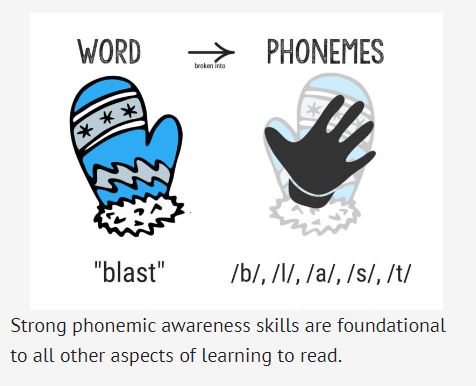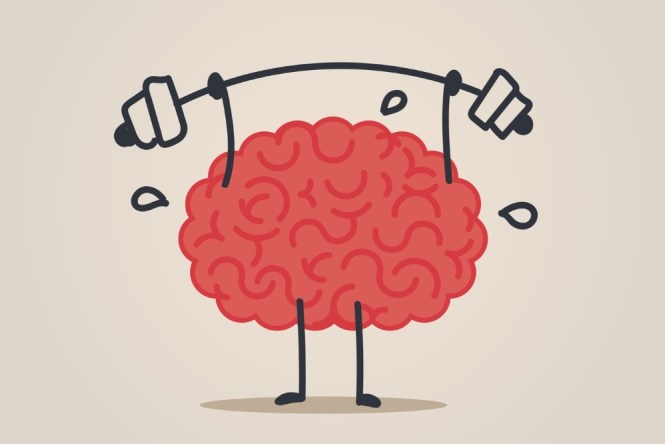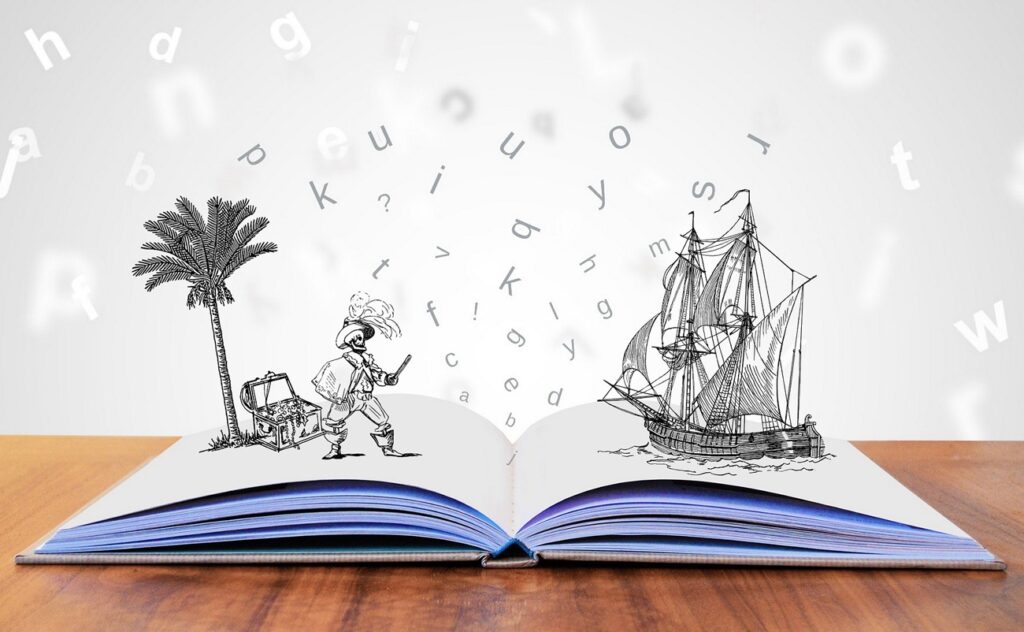What is it?
Dyslexia is defined as: a variable often familial learning disability involving difficulties in acquiring and processing language that is typically manifested by a lack of proficiency in reading, spelling, and writing (Miriam-Webster).
But what does that really mean? What are the difficulties and issues with developmental dyslexia?
Dyslexia is a language-based learning disorder. Contrary to popular belief, the core indicator of dyslexia is not reversing letters (also known as mirror writing); rather it is a difficulty interpreting the sound (phonological) components of our language.
Dyslexia is not due to problems with intelligence, hearing or vision. The underlying cause of dyslexia is a result of individual differences in areas of the brain that process language. This means that dyslexia is different for every person.

Dyslexia is more than a reading problem

Reading is complex.
Reading requires our brains to connect letters to sounds, put those sounds in the right order, and pull the words together into sentences and paragraphs we can read and comprehend.
Phonological awareness skills refer to the ability to identify and manipulate (in your head, so to speak) the individual sound units that make up the words of our language. These skills are the foundational blocks of learning to read and spell; difficulty with it can cause reading and spelling problems.
Due to these problems of identifying speech sounds and learning how they relate to letters and words is known as decoding.
People with dyslexia have trouble matching the letters they see on the page with the sounds those letters and combinations of letters make. And when they have trouble with that step, all the other steps are harder.
Resources

Bookshare is a government-funded program that provides free access to electronic or ebook text and digital texts to people and students with disabilities. It’s free for anyone K through 12 in the United States, and adults can buy access for $80/year. However, since Bookshare operates under a copyright exemption, you have to show a Proof of Disability (POD) form or documentation from the school.
Carroll School empowers children with language-based learning differences, such as dyslexia, to become academically skilled students who are strong self-advocates and confident lifelong learners.
Decodable Text Sources: this list is not an endorsement of any specific options, it aims to provide you with a starting point to explore and discover decodable text choices that best align with your instructional goals.
DyslexiaHelp by the University of Michigan: providing an extensive list of topics for those with dyslexia, parents and educators.
Reading Rockets is a national public media literacy initiative offering information and resources on how young kids learn to read, why so many struggle, and how caring adults can help.
The Yale Center for Dyslexia & Creativity (YCDC) also provides many resources for those with dyslexia, parents and educators.
Audiobooks: while books on CD still exist the next step in physical players is the playaway. An audiobook playaway is smaller than a phone, battery powered, and holds an entire book for listening enjoyment. Libraries also have VOX books and Wonderbooks, which are books that have the permanently attached reading device that transforms an ordinary print book into an all-in-one read-along. No need for computers, tablets, or CDs—children simply push a button to listen and read.
Devices to borrow– the library has several accessibility devices including reader ruler aids that you can borrow. The dyslexia ruler works by enabling you to focus on one line of text at a time, visible through the gap in the ruler. The rest of the ruler completely covers over the surrounding lines of text that you aren’t currently reading, reducing distractions.
Libby is a library application powered by Overdrive, which provides a variety of e-content for libraries. The school branch of Libby is called Sora. Libby has several accessibility features built into its application, including dyslexic friendly fonts.
TumbleBooks is a collection of animated, talking picture books for children in English, Spanish and French. The Chapter Books collection allows readers to change the colors of the background and text, as well as the font style, size and line spacing.
Perkins Library: building a world where people with complex disabilities and visual impairments can unlock every opportunity.
Worcester Talking Book Library provides free services to Massachusetts residents of any age who are unable to read traditional print materials due to a visual or physical disability.

Books! Where would we be if we didn’t talk about books and book series and publishers? You can also search in the catalog for publishers once you have found a series that you like!
- High Noon Books– offers ‘just right’ books at many levels from kid to adult. Here are several linked the library catalog.
- Orca Book Publishers: offers multiple levels of hi-lo books for multiple ages. Orca calls their various publications different names dependent on the level, but Orca is almost always in the publishing name.
- Orca Two Read– for some of the younger readers that are past the point of ‘first reader’ level and are interested in something more complex and longer.
- Orca worksheets that pair along with the Meg and Greg series!
- Orca Currents are short, high-interest novels with contemporary themes written specifically for middle grade and above students reading below grade level. Reading levels from grade 2.0 to 5.0. Interest level ages 9-12.
- Orca Two Read– for some of the younger readers that are past the point of ‘first reader’ level and are interested in something more complex and longer.
- Simple Words Books– decodable books use words taught at early levels so striving readers can enjoy ‘big‐kid’ books with engaging and fun stories that build vocabulary, fluency, and comprehension. Here are several linked the library catalog.
Inclusion in the list may not be interpreted as the library’s endorsement.1
- In addition, the library does not replace educational or medical consultation with a qualified education, health, or medical professional to meet the education, health, and medical needs of you or others. And while the library makes every effort to update our content regularly, educational and medical information changes rapidly and therefore, some information may be out of date, and/or contain inaccuracies or typographical errors. ↩︎